The answer to many of today’s existential challenges lies in our relationship with plants. Climate change, global hunger, biodiversity loss. You name it, and plants are part of the solution. For almost 60 years, the National Tropical Botanical Garden has been at the forefront of restoring relationships between plants, people, and places. We have long recognized the vital need to not only save plants—we must also sustain the cultures and support the communities that depend on them. This holistic, biocultural approach leads to transformative change for the places we call home.
In 2022, we continued our commitment to tropical plants, ecosystems, and cultural heritage. We have pioneered the use of drone technology to collect once inaccessible plants. We have propagated some of the rarest species on earth. We have modeled regenerative agricultural practices with breadfruit, a tree with immense potential for food security. We have integrated Indigenous knowledge and stewardship practices to care for plants and each other.
People like you, and your relationship with plants and NTBG, made all of this possible in 2022. Together, we can realize a flourishing future.

NTBG, Chair

Chief Executive Officer and Director
Located in Hawaiʻi and Florida, NTBG works across five botanical gardens and throughout the tropics to grow a brighter tomorrow for plants and all they sustain. We do so through a biocultural approach, where Indigenous knowledge, community priorities, and scientific research guide our path forward. NTBG was established in 1964 and is the only botanical garden chartered by the United States Congress. NTBG is a 501(c)(3) nonprofit corporation: we are not operated or subsidized by the federal government, and we rely on the much-appreciated support of members and donors like you to fulfill our mission.
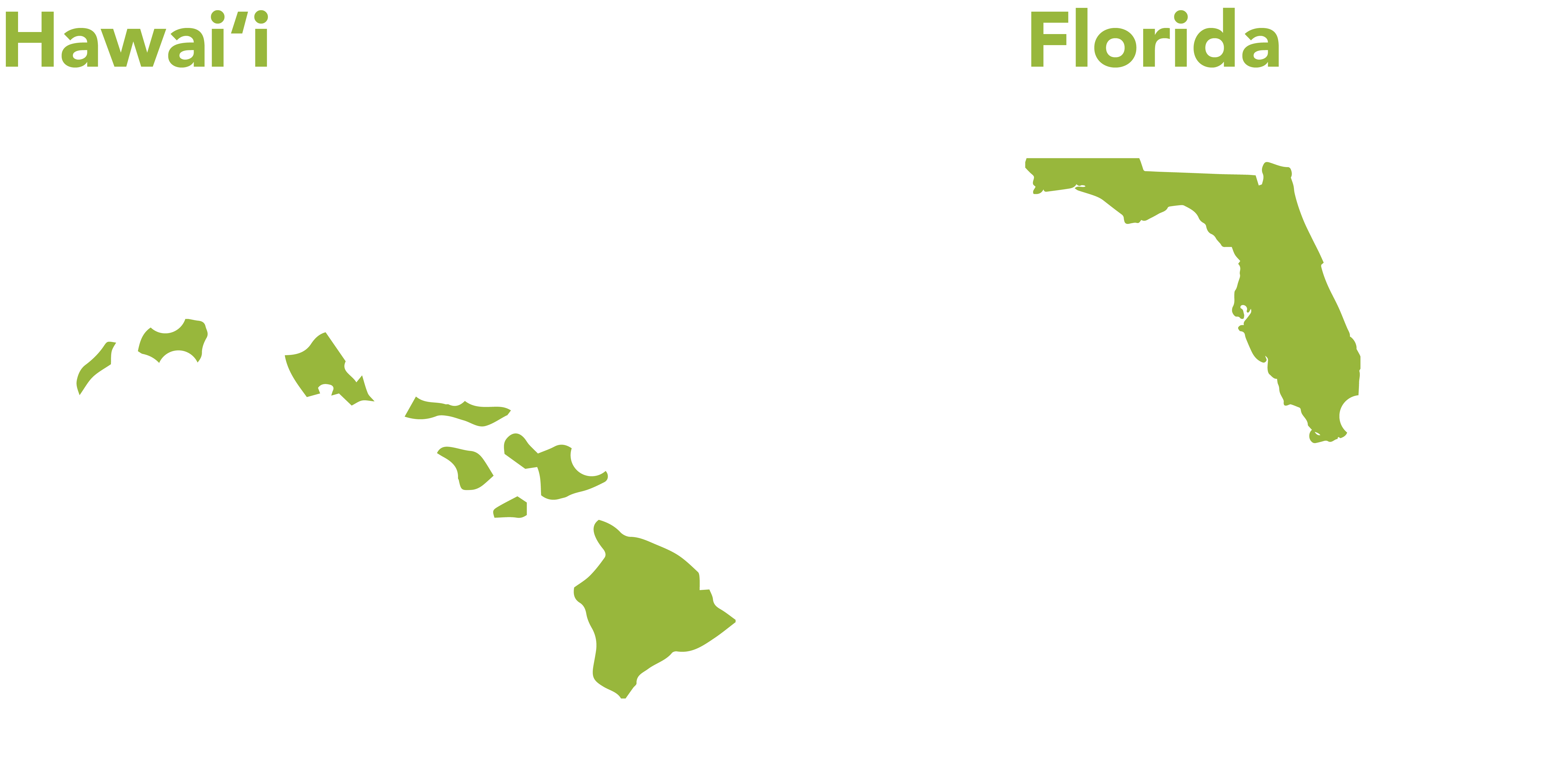
NTBG’s work in Hawaiʻi, Florida, and around the world is anchored in biocultural conservation and science. Our approach centers conservation efforts around our communities and recognizes the deep bonds and generational knowledge that Indigenous cultures steward with cherished plants. We aim to honor, learn from, and help protect these relationships for future generations of plants and people. Highlights from 2022 include:
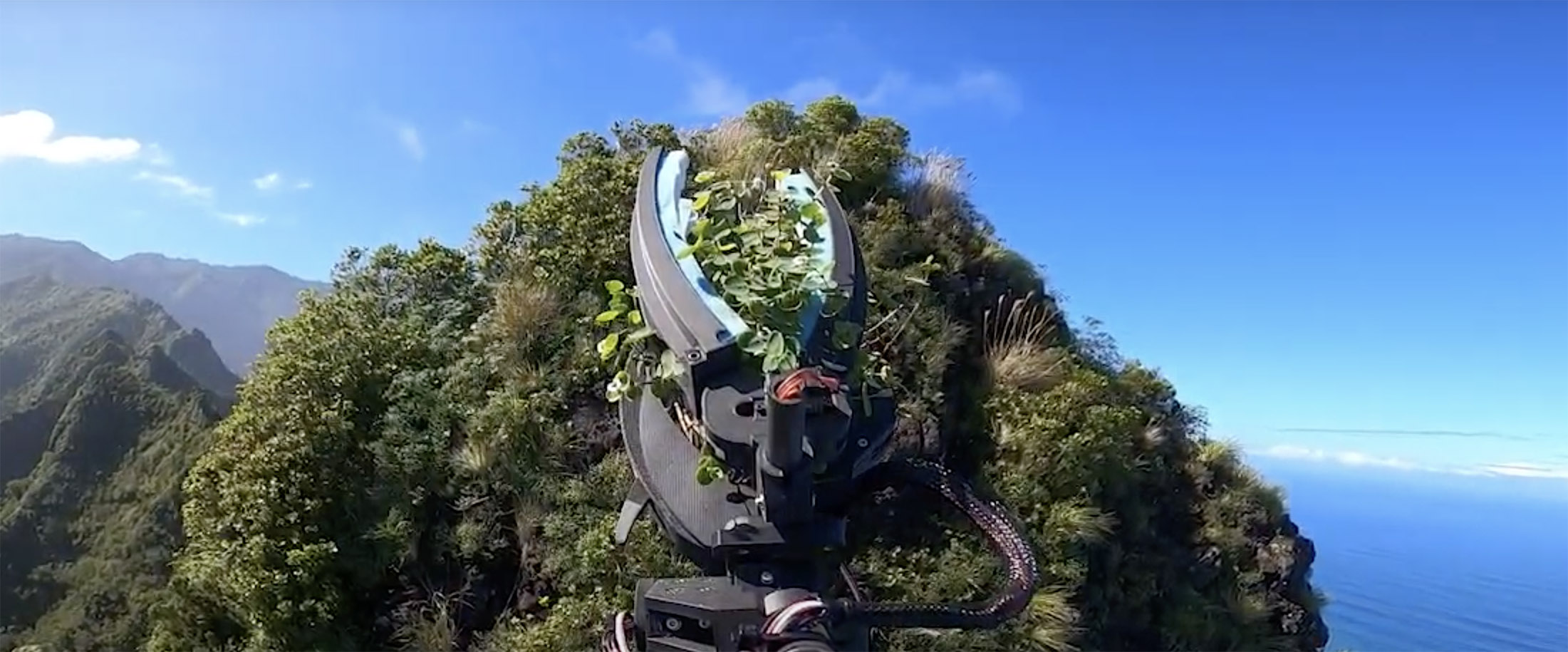
The Mamba
In addition to discovering endangered plants, our drone program is now able to safely collect them. The Mamba, a tool developed by Outreach Robotics and University of Sherbrooke researchers with NTBG support, has collected 12 endangered species on Kauaʻi so far.
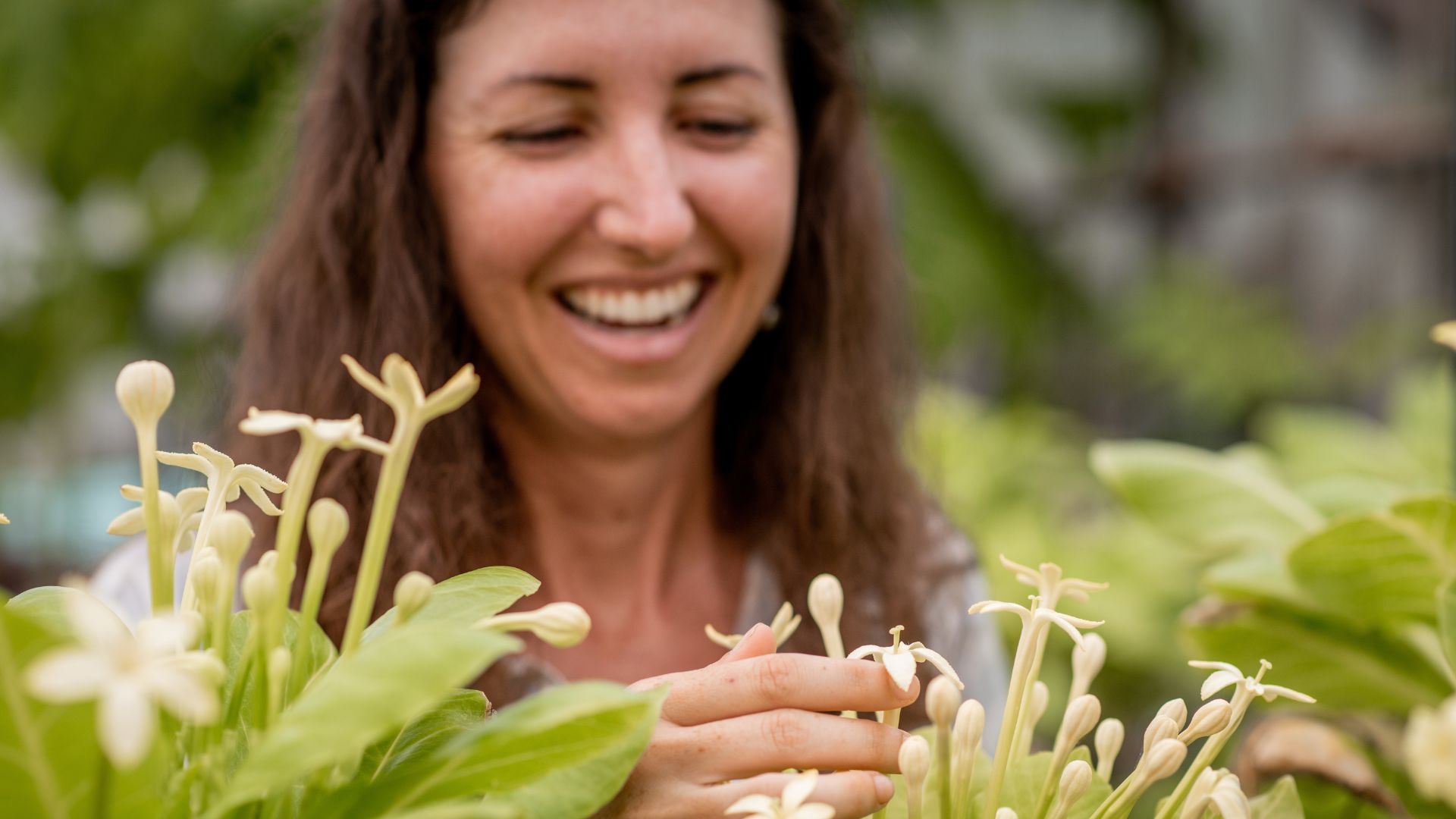
ʻĀlula
NTBG scientists are co-leading a groundbreaking project to perpetuate the genetic diversity of ʻālula (Brighamia insignis) through strategies used in zoo breeding programs. Although considered extinct in the wild, our efforts have helped preserve thousands of plants in cultivation.
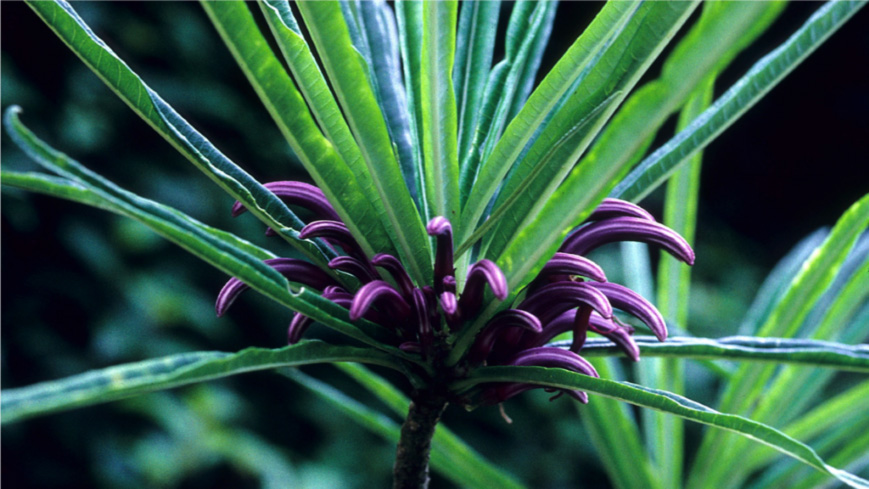
Hāhā (Cyanea kuhihewa)
In 2022, NTBG and partners grew a brighter tomorrow for this exceptionally rare plant found only on Kaua’i. We collectively propagated 60 and outplanted 12 plants in our preserves.
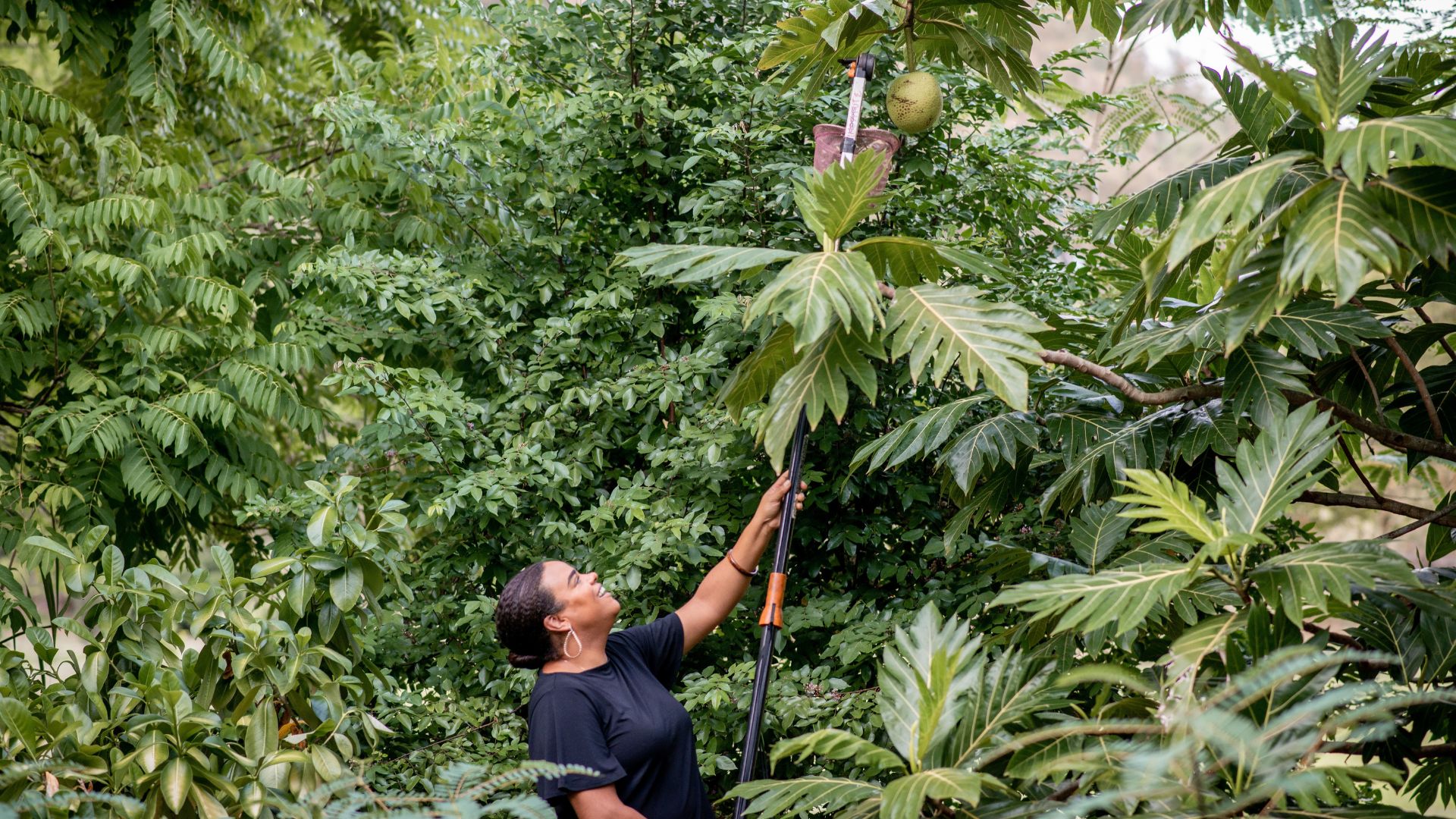
ROBA turns 5
The Regenerative Organic Breadfruit Agroforest demonstration marked five years as a space for practicing and teaching how traditional agroforestry practices can produce a diverse and abundant variety of food crops, enrich the soil, and perpetuate breadfruit diversity and culture.
5,081
pounds of breadfruit and other crops harvested and donated
42,222
seeds added to NTBG’s Seed Bank
27,981
petri dishes monitored for germination
1,239
specimens added to herbarium collection
2,027
specimens sent to other institutions through exchanges and gifts
6,945
specimen digitized images created by volunteers
21
scientific publications by NTBG staff
2,082
specimens collected
Flourishing botanic gardens inspire a love of plants and critically support our biocultural conservation efforts. Horticultural highlights from 2022 include:
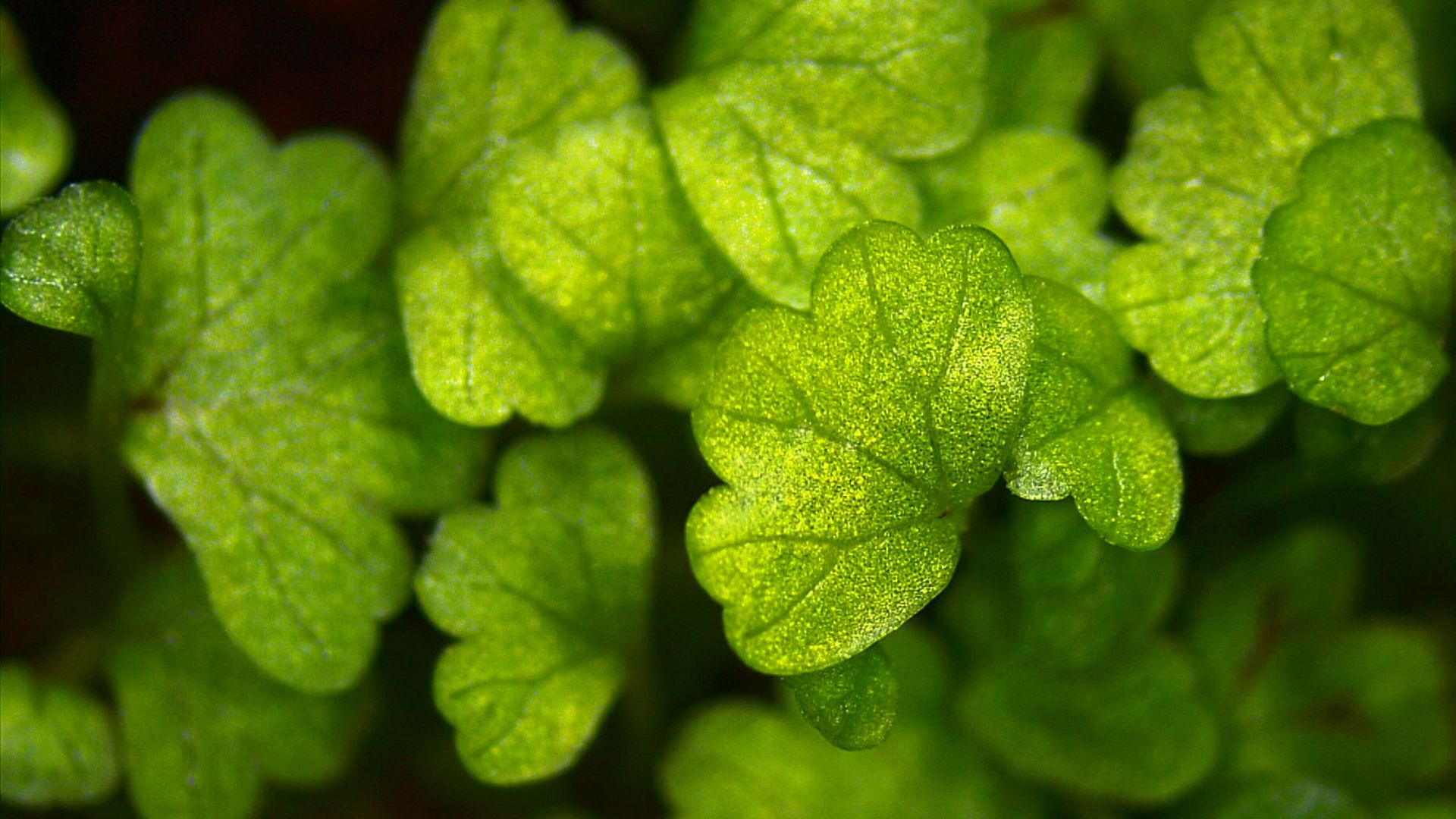
Fern Lab
Our Fern lab was able to germinate rare fern spores from dried herbarium vouchers dating to 1985! While ferns make up about 30% of Hawaiʻi’s plant diversity, botanical knowledge and propagation standards are relatively lacking. Our fern lab is leading efforts to fill this gap.
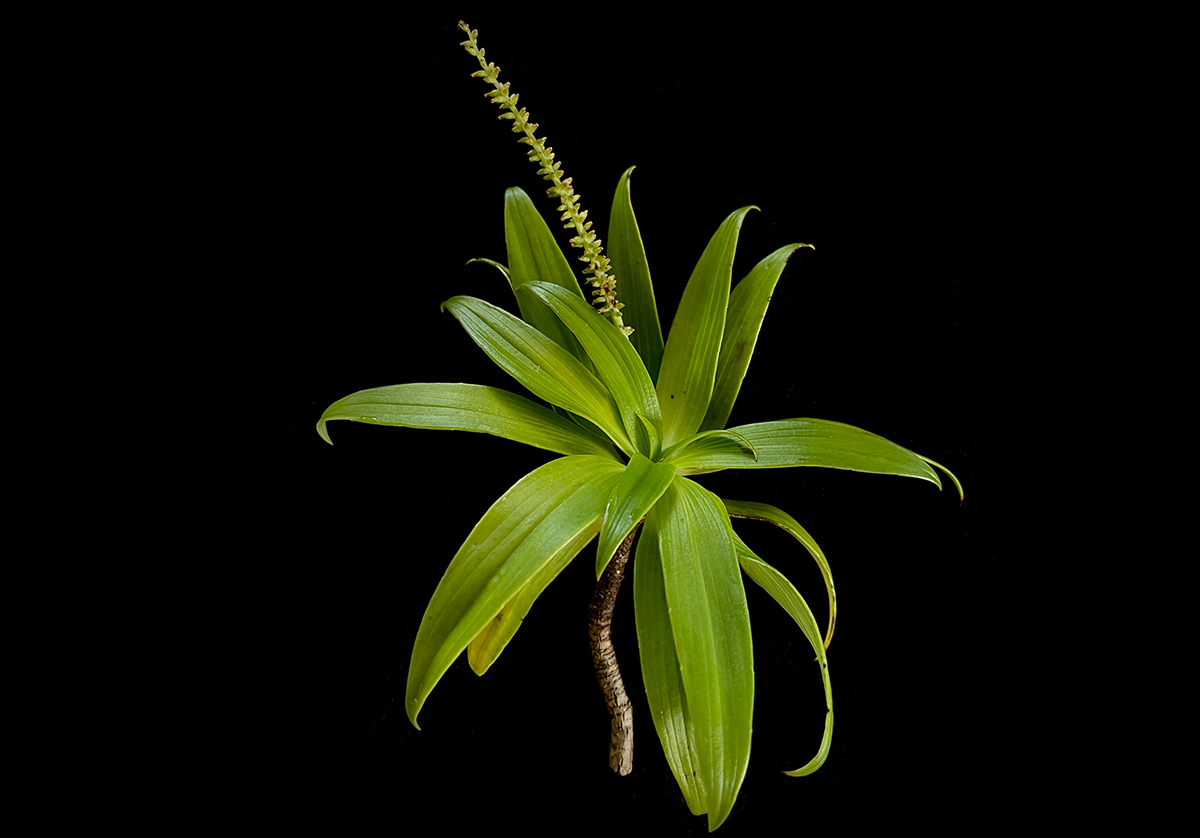
Nursery successes
Our Conservation Nursery was able to successfully root three critically endangered plants collected by the Mamba drone, including laukahi (Plantago princeps var. anomala), akoko (Euphorbia eleanoriae), and Lysimachia iniki.
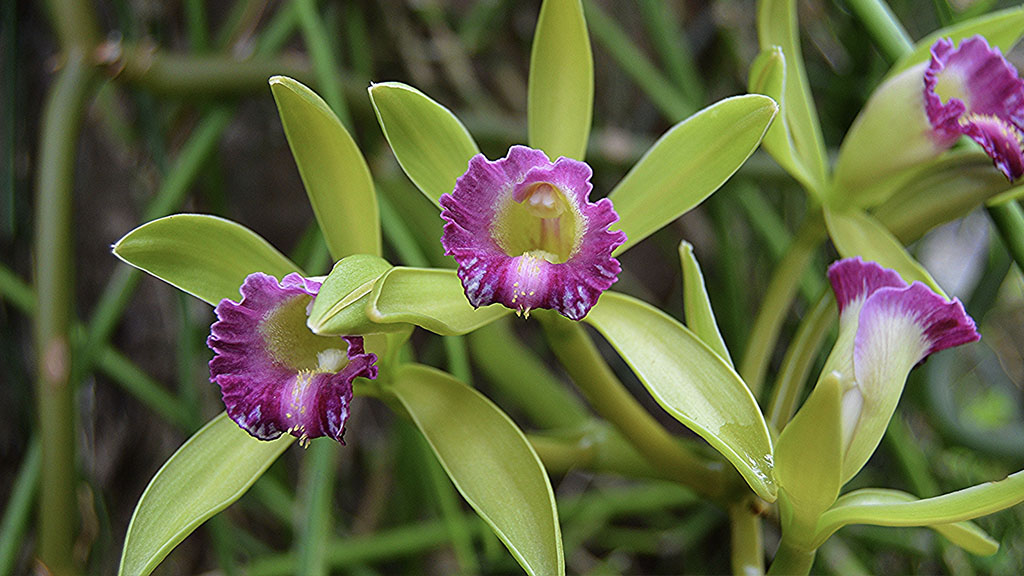
Floridian orchids
Our Orchid Initiative at The Kampong brought rare native species into cultivation and included outreach efforts to inspire the public to grow them.
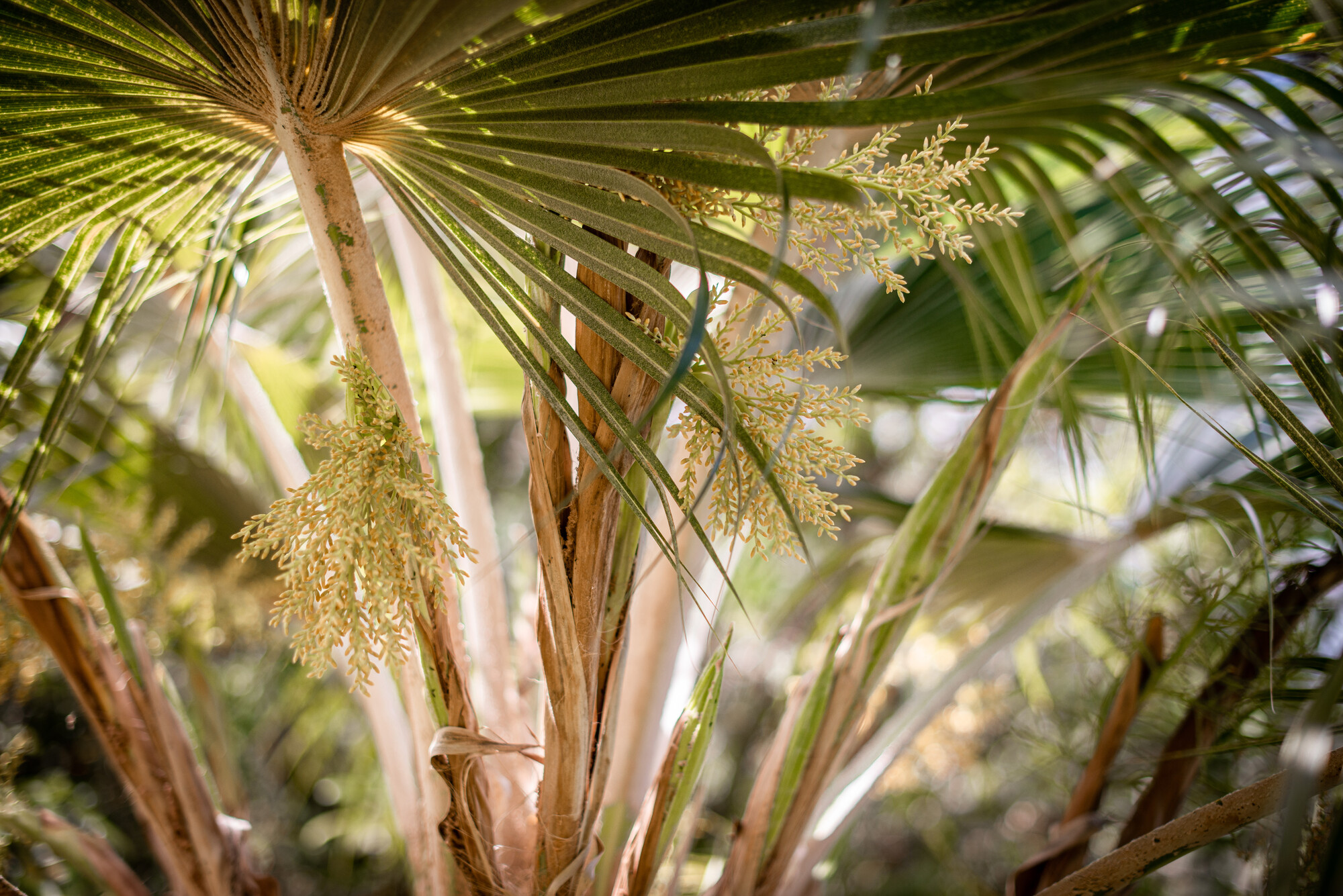
Loulu palms
We now have 21 out of the 24 known loulu palms (Pritchardia spp.) in our gardens. This critically important living collection of endemic Hawaiian palms will contribute to future restoration efforts.
8,582
plants inventoried or mapped
4,507
plants planted across our gardens
66
taxa were cultivated by our Fern Lab, including endangered species
945
threatened and endangered plants were planted out across our gardens
Education and engagement is critical for helping others discover and cultivate their relationship with plants. Our visitor experiences and educational programming across our gardens are cultivating the next generation of plant advocates. Education highlights in 2022 include:
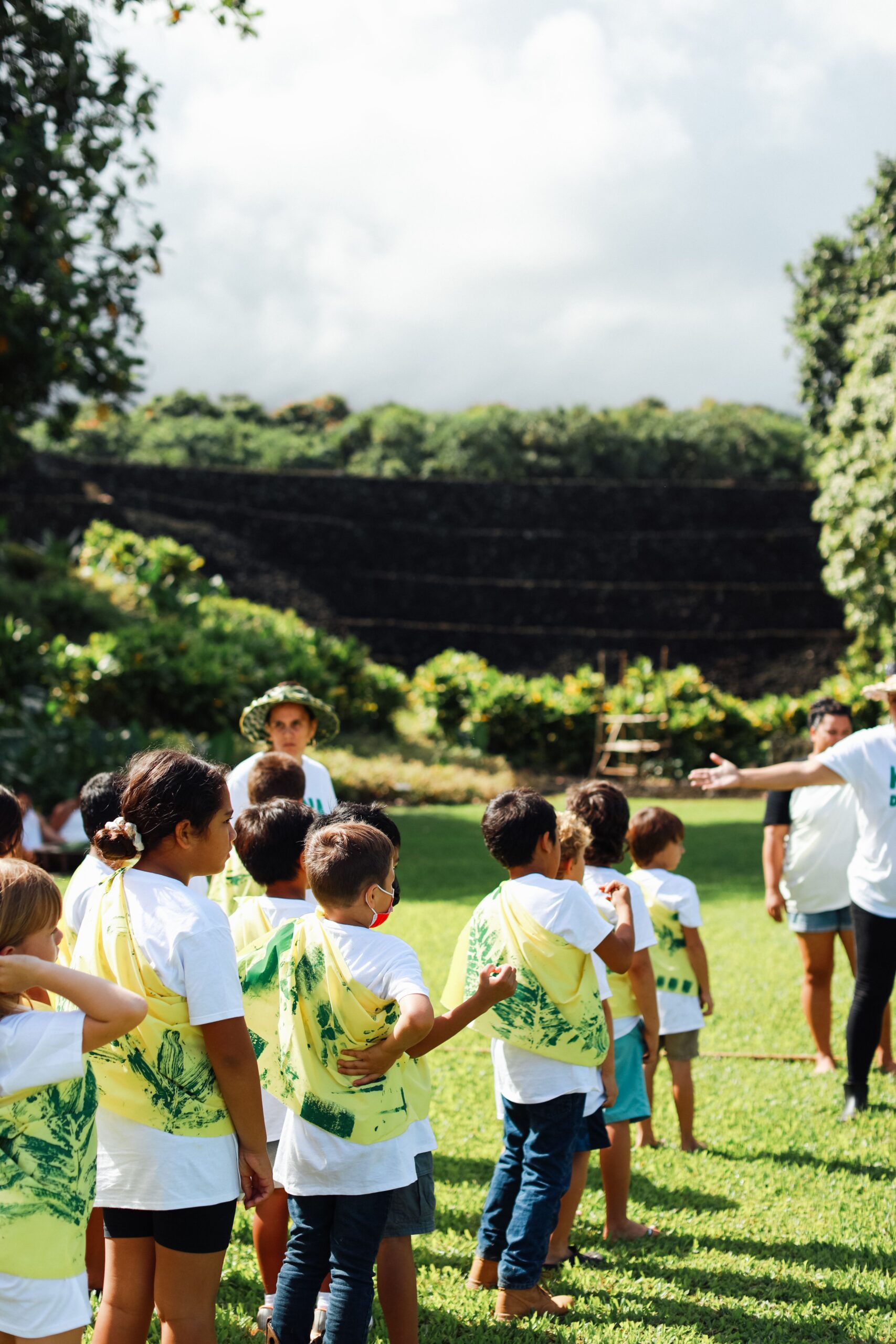
Kahanu Garden & Preserve
Kahanu Garden & Preserve celebrated the opening of Makahiki season with over 300 participants. We restarted the beloved ʻUlu Cook-off after COVID-19, bringing together our community to create and enjoy breadfruit. Photo by Shandelle Nakanelua
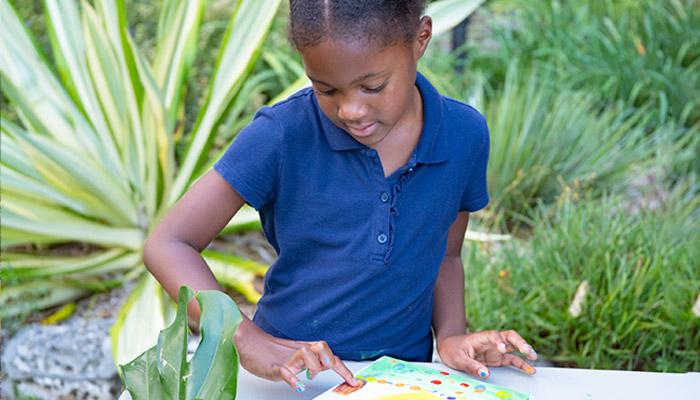
The Kampong
The Kampong continued its long-running collaboration with The Barnyard, an after-school program that is part of Coconut Grove Cares, welcoming Miami youth to explore and experience the world of plants.
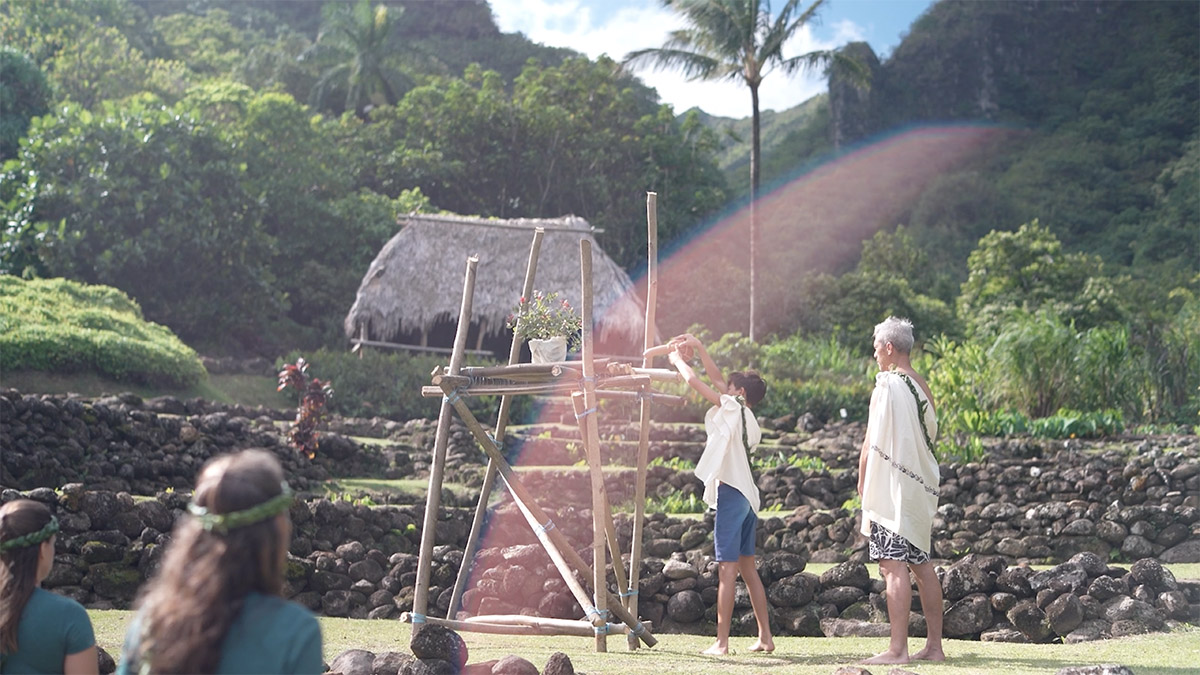
ʻŌhiʻa Love Fest
The ʻŌhiʻa Love Fest at Limahuli Garden & Preserve brought our Kauaʻi community together to celebrate ʻōhiʻa trees and raise awareness of Rapid ʻŌhiʻa Death with the Kauaʻi Invasive Species Committee and Kamehameha Schools. More than 350 community members attended, many adopting ʻōhiʻa for their gardens and growing spaces.
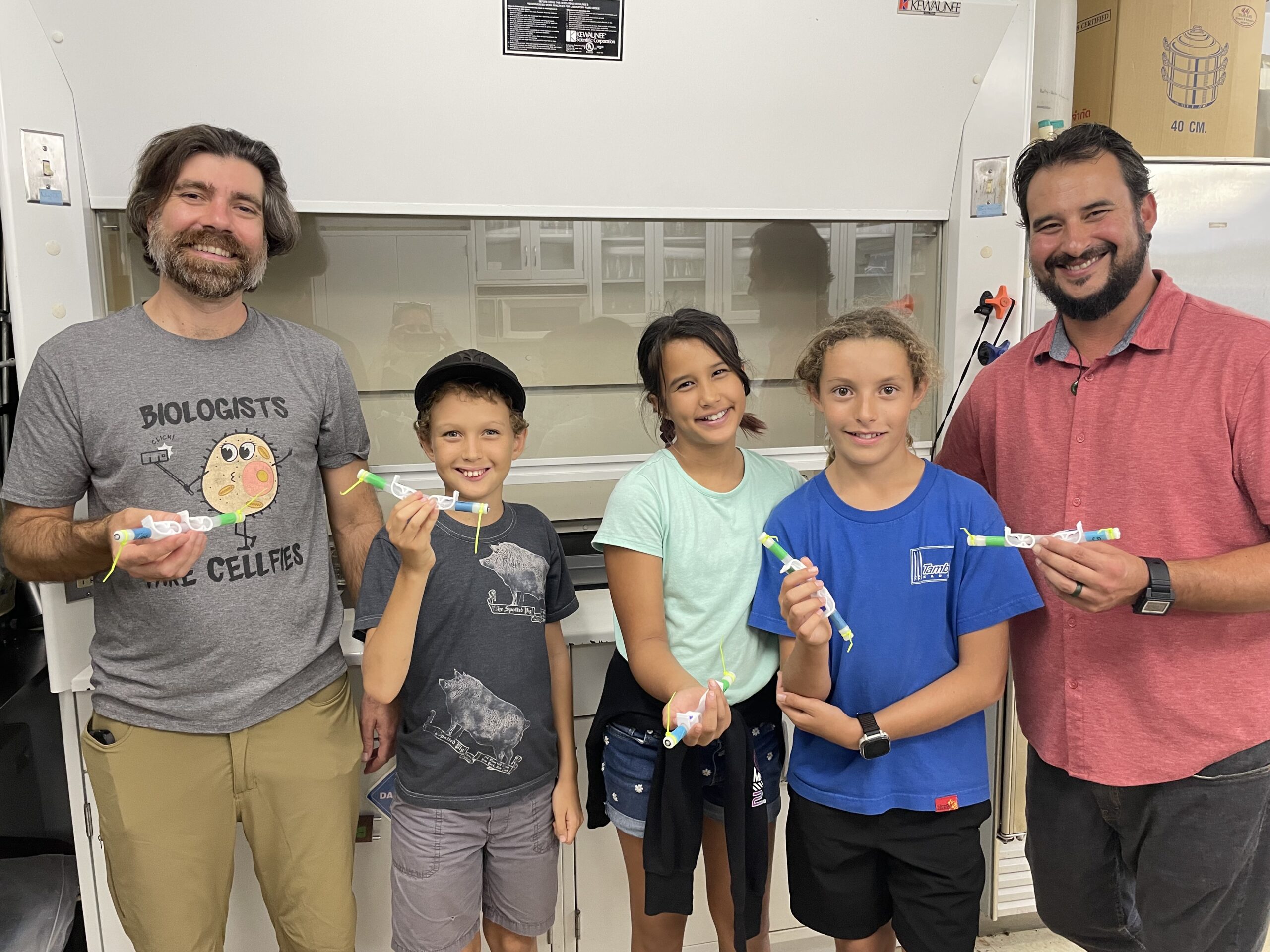
South Shore Gardens
Team Kō, a group of Alakaʻi o Kauaʻi students assisted by seed bank manager Dustin Wolkis, designed a germination experiment with kō (sugarcane) that was conducted by astronauts on the International Space Station. Amazingly, a kō plant germinated!
96,047
visitors to NTBG gardens
11,000+
hours of service by more than 350 individual volunteers
2,353
plants were gifted to community members as part of outreach events
2,000+
students attended field trips across our gardens
Revenue
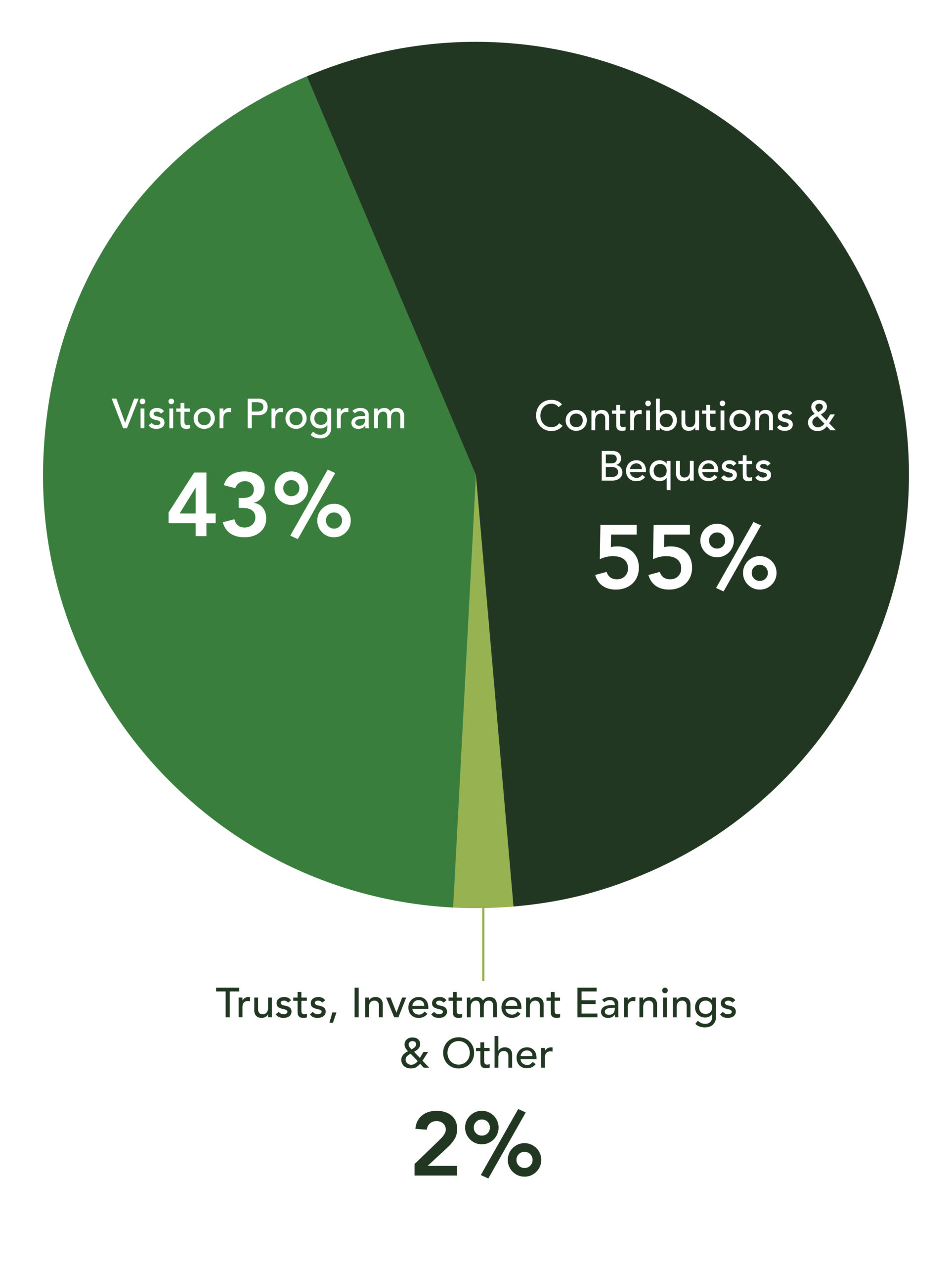
Direct Expenses
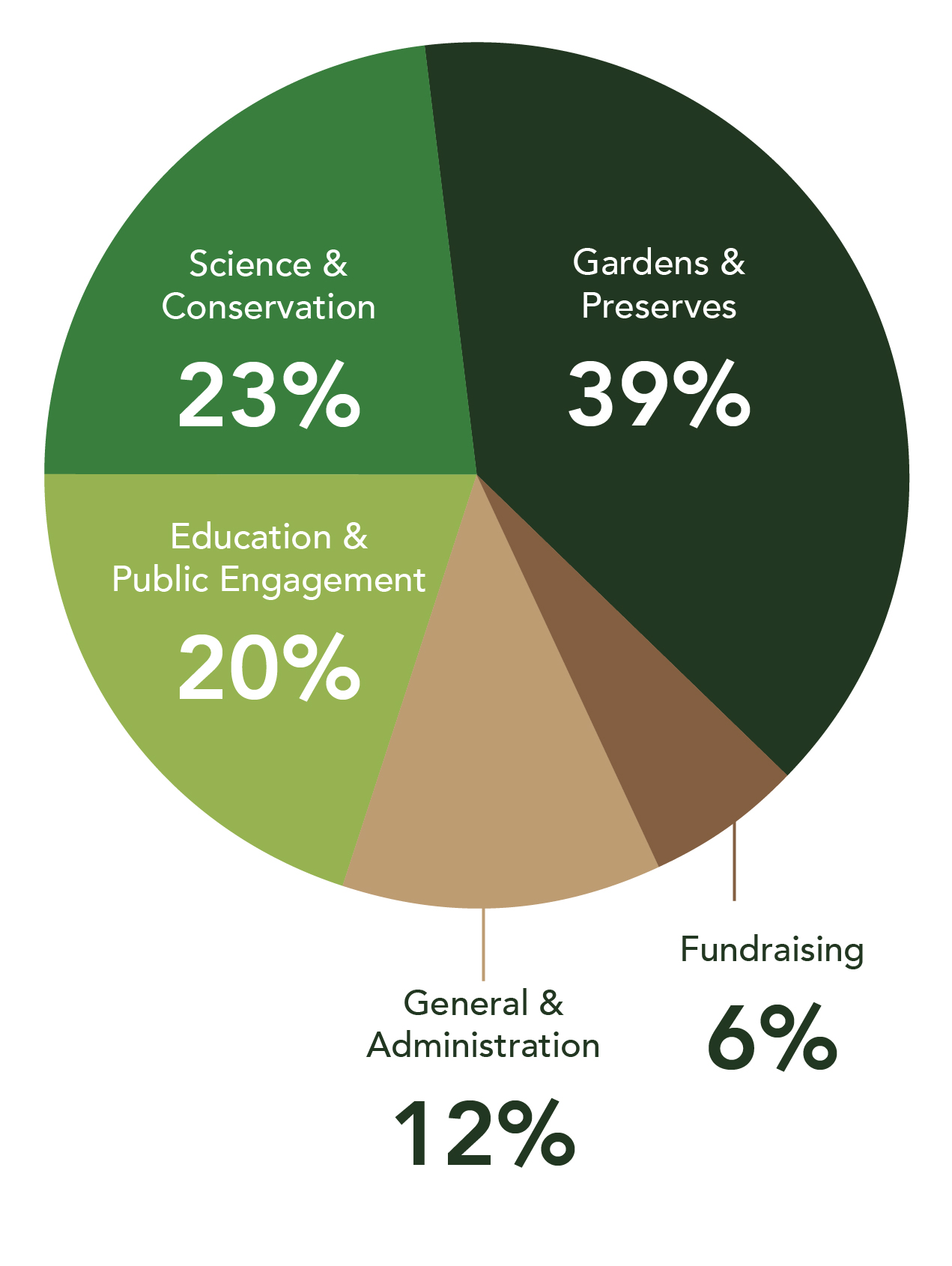
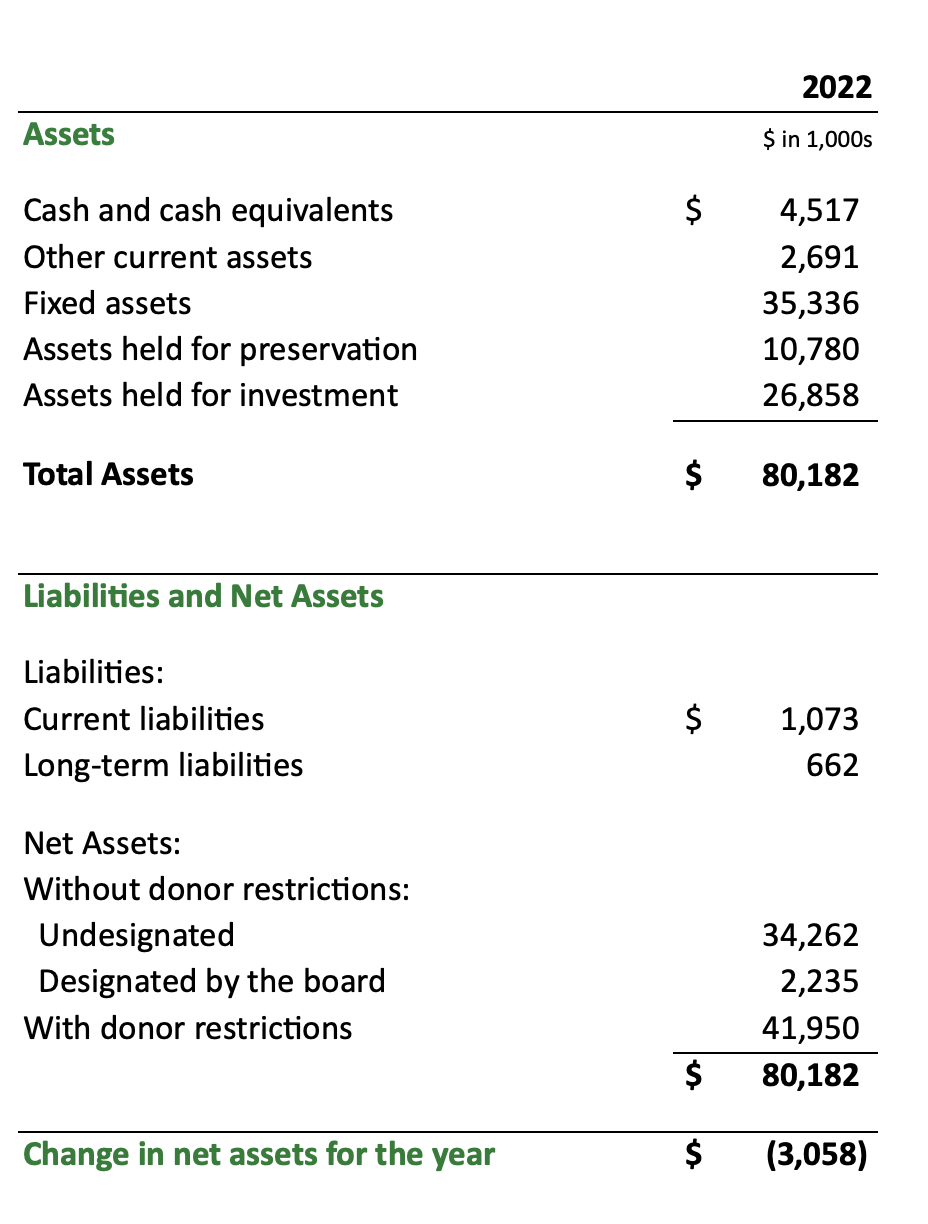
Your support helps grow a brighter tomorrow for generations of plants and people.